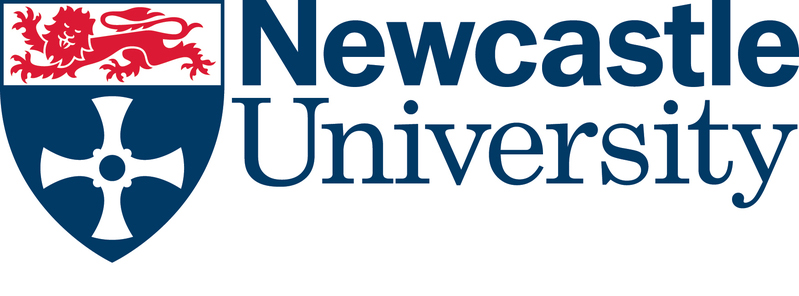Current Students
Edward Treasure
- Archaeology, Durham University
- Email: e.r.treasure2@durham.ac.uk
The Islamic conquests of the 7th-8th centuries mark a major watershed in this history of the Mediterranean. By the mid-8th century, the Islamic world encompassed a vast area spanning from India to Spain. A key research area in assessing the impact and legacy of the Islamic conquests are changes in agriculture, diets and food. Based primarily on historical sources, it has been influentially argued that the early Islamic world provided a medium for the diffusion of crops and exotic species alongside changes in land-use practices, notably intensive irrigation. This is thought to have stimulated a sweeping agricultural transformation, or ‘revolution’, in the 10th-11th centuries which in turn influenced trade, demographic growth and urbanisation. Whilst this model of a sweeping agricultural transformation has been criticised from archaeological and historical perspectives it has remained highly influential and continues to be widely accepted. Until recently, one line of investigation which had been largely overlooked in studies of agricultural and dietary change in the early Islamic world is archaeobotanical research. Using case-studies in north-east Spain, this PhD assesses the nature and significance of changes agriculture and diets at the frontier between Christian Europe and the Islamic world using an integration archaeobotanical and historical research.
Supervisory Team: Dr Mike Church, Archaeology (Durham), Prof. Christopher Gerrard, Archaeology (Durham), Dr Alejandra Gutierrez, Archaeology (Durham).
Start Date: January 2016








